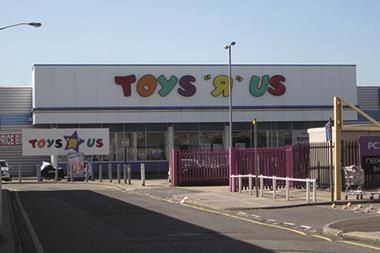By Chris Harvey, head of UK real estate, and Jessica Walker, partner, at Mayer Brown
Over the last few months, a number of high-profile retailers and restaurant chains have experienced financial difficulties and proposed company voluntary arrangements (CVAs) and/or entered into administration.
So what are the repercussions for landlords when a tenant becomes insolvent? The answer to that question is not always straight-forward as it depends on the type of insolvency process affecting the tenant in question.
We have seen a number of retail and restaurant CVA proposals in similar form aimed at reducing rental costs in order to rescue the company: the business’s lease portfolio is divided into categories, with various levels of reduction in rent, sometimes with a view to agreeing a surrender with certain landlords. These rent reductions will be imposed on landlords if 75% of the company’s creditors vote to approve the CVA (subject to very limited rights of appeal). Though this is a commonly-used proposal, it is certainly not the only option for a CVA and a company can make any proposal it wishes, subject only to achieving the 75% vote in favour.
In an administration, a landlord cannot forfeit a lease without the consent of the administrators or the court. The administrators can choose whether or not to continue in occupation; if they do then the administrators must pay the full rent for the time of occupation of that property in priority to their own fees.
If the property is not needed for trading then the administrators are likely to be willing to hand back the keys (though they cannot surrender the lease without the landlord’s agreement). In short, the landlord will usually either receive the full rent for at least a period or be able to get the property back. Any unpaid amounts under the lease can be claimed from the company in administration.
Liquidators (as opposed to administrators) rarely trade the business of the insolvent company and so will usually be happy to agree a surrender to the landlord reasonably quickly (they cannot unilaterally surrender). The unique power of liquidators, however, is that they can disclaim leases on notice to the landlord so forcing the landlord to take back a property, possibly before the landlord has had the opportunity to find a new tenant.
It is clear that the impact of an insolvency on a property can be difficult to predict but a landlord can take steps to protect its position as far as possible by trying to avoid getting into arrears under the lease and keeping in touch with tenants to try to identify any issues as early as possible.





























No comments yet